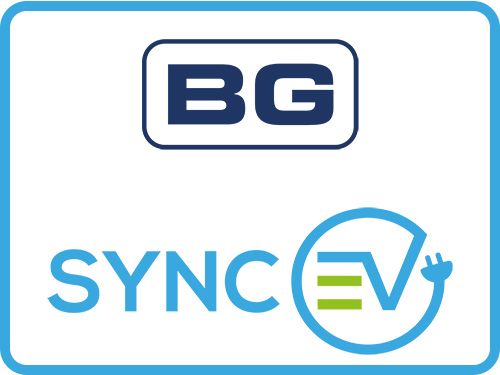The Energy Bill Relief Scheme Is Short Sighted - We Need An Efficiency Revolution
 By Ross Sheil, SVP, Infogrid.
By Ross Sheil, SVP, Infogrid.
The Government’s new Energy Bill Relief Scheme is certainly a step in the right direction, sheltering businesses from the worst of the energy crisis. But, it is short sighted when considering how we use and consume energy across our built environment. What’s the point of introducing an energy cap if we are still constantly wasting energy unnecessarily in buildings - and paying for it?
What’s more, hybrid working has changed how we are using and interacting with our buildings forever. There is no longer a guaranteed steady stream of people as there was before. Now, occupancy varies greatly throughout the week and building management needs to respond to the actual and real-time requirements of a space.
So, there’s a missed opportunity here: individuals using buildings less frequently means that they don’t need to consume as much energy as before, and the rising price of energy makes it alarmingly clear we can no longer afford to waste it either. What we need is an efficiency revolution - capable of responding to such macro factors and providing long term solutions to the bigger energy efficiency problems of our buildings.
It's time that our built environment be held accountable for its contribution to energy wastage, and that measures are put in place to encourage permanent behavioural changes in the building sector. Buildings account for 39% of global carbon emissions, with 30% of energy wasted in part because of inefficiencies. Now is the opportune moment for the UK Government to drive forward long-lasting change, such as low carbon incentives, regulations around insulation requirements or infrastructure retrofitting recommendations; these would help businesses adopt greener energy practices, reduce waste and lower energy bills in the long term.
With the majority of buildings that will be around in 2050 already existing today, we need to work with what we’ve got. If we take retrofitting building intelligence technologies as an example, they have the potential to make significant energy savings now and well into the future. With the sensors used to collect real time insights sometimes as easy as peel and stick, any building can be made efficient without the need to tear it down and start again.
AI-backed building intelligence technologies can really empower businesses with the data they need to effectively respond to the energy crisis. Monitoring how spaces are used can deliver crucial insights into where businesses are consuming energy, and where it is being wasted and can therefore be saved. For instance, by measuring the occupancy and flow of people through the buildings, and then layering the use of heating, ventilation or air conditioning (HVAC) systems in these areas, building managers can help to identify where energy is actually needed. If people are not using a space, businesses can cut down the energy used to heat or cool it, and save costs as a result. It’s the best of both worlds, minimum disruption to occupants, and maximum energy savings.
This extends to compliance as well since many of the current processes can be incredibly manual and inefficient, such as- running taps to check water safety or switching on equipment all on the off chance of finding a problem. If these are checked constantly through sensor technology, it’s not only more accurate, but less wasteful and reduces the need for unnecessary site visits. It’s not only good for business, but good for the planet as well in driving down our global carbon emissions.
The energy bill will certainly help to shelter businesses from the worst of the energy crisis. But frankly, it barely touches the surface and it’s not even close to enough. The planet is on fire. We need to quicken the pace of innovation to drive an energy efficiency revolution in how we manage and run our buildings. Not only will this help businesses reduce costs, but support them to reach net zero goals and protect our planet. And where every saving counts, intelligent buildings can bring businesses one step closer to their ESG goals.


























































